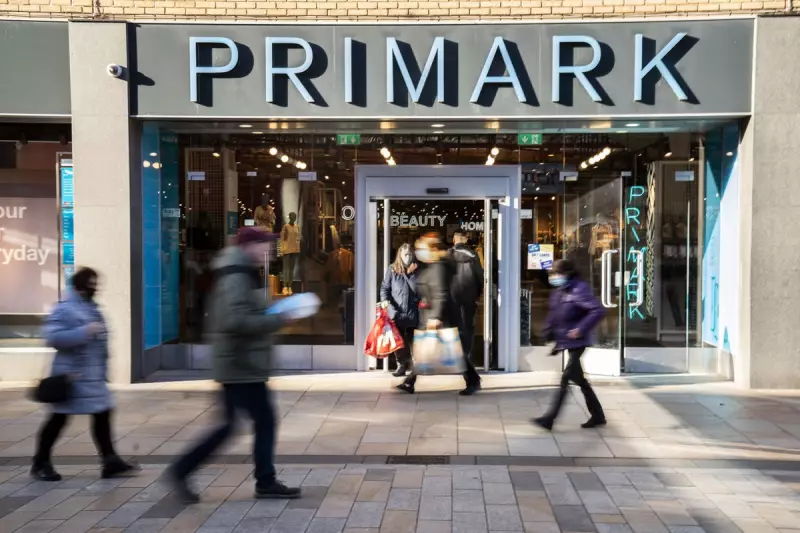
In the cut-throat world of fashion retail, a dramatic battle is unfolding between Britain's beloved high street giant Primark and the rising digital titans from the East. While Primark has long dominated the affordable fashion landscape, the explosive growth of Shein and Temu is forcing a radical rethink of fast fashion economics.
The High Street Champion's Conundrum
Primark, owned by Associated British Foods, has built an empire on a simple premise: astonishingly low prices without an online sales channel. Their brick-and-mortar strategy has served them remarkably well, with shoppers flocking to their stores for budget-friendly fashion finds. Yet this very strength now presents their greatest vulnerability.
"The landscape has shifted seismically," notes retail analyst James Worthington. "While Primark was perfecting the physical shopping experience, Shein and Temu were rewriting the rulebook of digital fast fashion."
The Digital Disruptors' Advantage
Shein and Temu have leveraged several key advantages that challenge Primark's business model:
- Lightning-fast production cycles that can turn trends into products within days
- Advanced data analytics to predict and respond to consumer desires
- Direct-to-consumer relationships that bypass traditional retail overheads
- Global manufacturing networks that keep costs astonishingly low
Primark's Counter-Offensive
Despite the mounting pressure, Primark isn't surrendering the affordable fashion crown without a fight. The retailer is deploying several strategic responses:
- Enhanced in-store experiences that digital rivals cannot replicate
- Strengthened sustainability messaging amid growing fast fashion criticism
- Strategic expansion into new markets and larger retail spaces
- Improved product quality to differentiate from ultra-fast fashion alternatives
The Ethical Elephant in the Room
Both Primark and its digital competitors face increasing scrutiny over environmental and labour practices. As consumers become more conscious of fashion's footprint, the race isn't just about price—it's about purpose and perception.
"The conversation is evolving from 'how cheap' to 'how responsible'," explains sustainability consultant Emma Greenfield. "This could be Primark's opportunity to reposition itself as the ethical choice in budget fashion."
The Future of Fast Fashion
As the battle intensifies, industry watchers predict several possible outcomes. Primark might eventually embrace e-commerce more fully, or perhaps double down on its physical retail strengths. Meanwhile, Shein and Temu continue to refine their algorithms and supply chains.
One thing remains certain: the affordable fashion sector is undergoing its most significant transformation in decades, and British shoppers will never look at a bargain the same way again.





